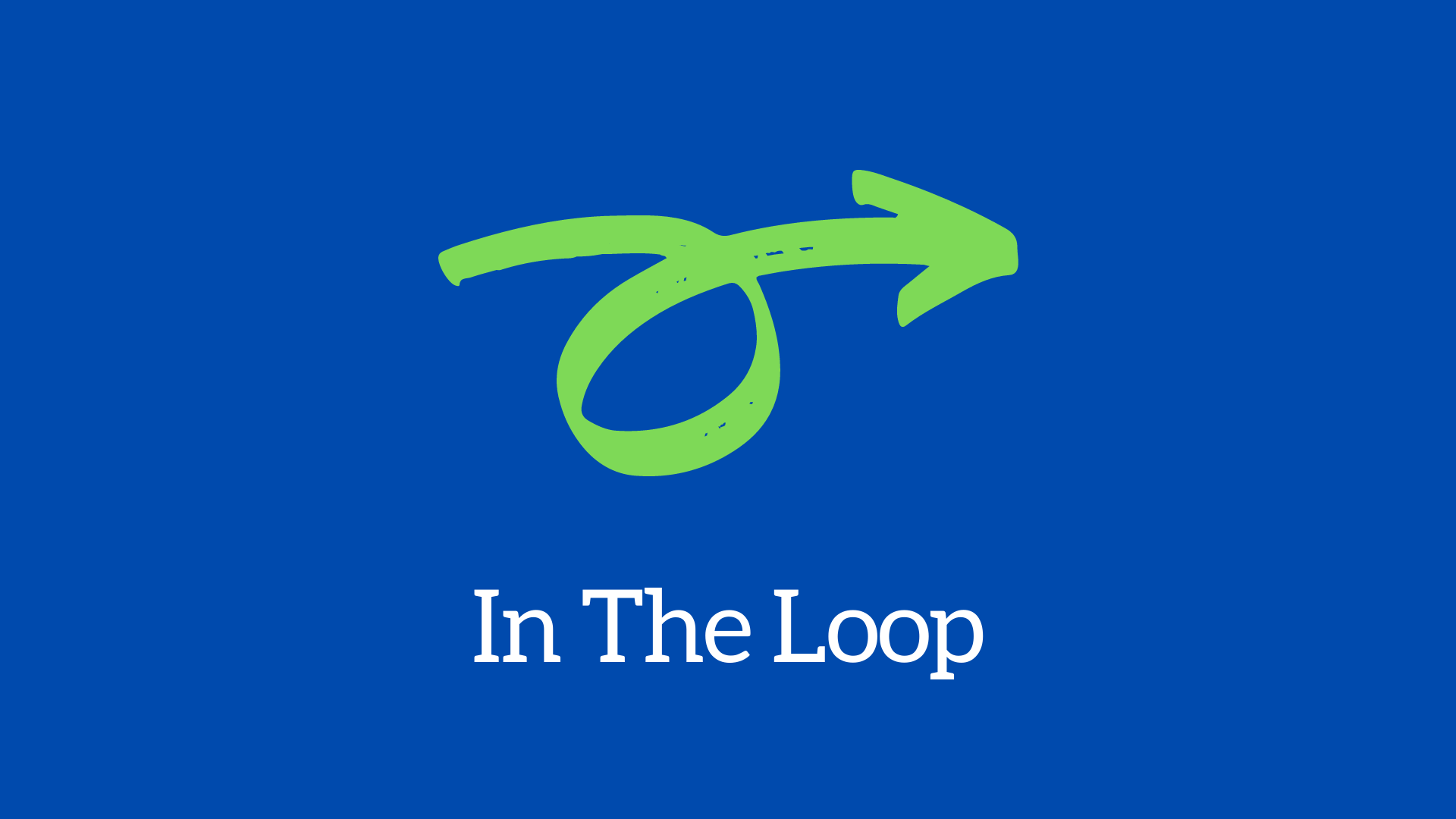The grand reveal. Where the covers are dramatically pulled off and gasps ripples across the crowd. Sometimes a sound of joy. Other times, not so much. Whether good or bad, the unknown always adds a touch of drama to it all.
While the "Ta-Da" moment is great TV, it's not so great for the workplace. Quite the opposite, it's a sign of failed communication and a lack of teamwork.
When leading an initiative, its best to keep folks involved early and often. The cadence and level of detail will vary, but erring on the side of over-communication is a good starting point while you gauge what's appropriate.
Keeping folks in the loop reduces the risk of expectations diverging. Maintaining aim at the same target.
Transparency opens the floor for constructive feedback. Unique skills and perspectives will remain untapped in a silo. In addition to the sense of ownership and accountability of others.
The need for perfection is a common culprit for the big reveal. Be comfortable sharing drafts and works in progress. Open yourself up to feedback, bring the team closer together, and avoid the anxiety of a "Ta-Da" moment. Save the suspense for TV.


Comments
Post a Comment